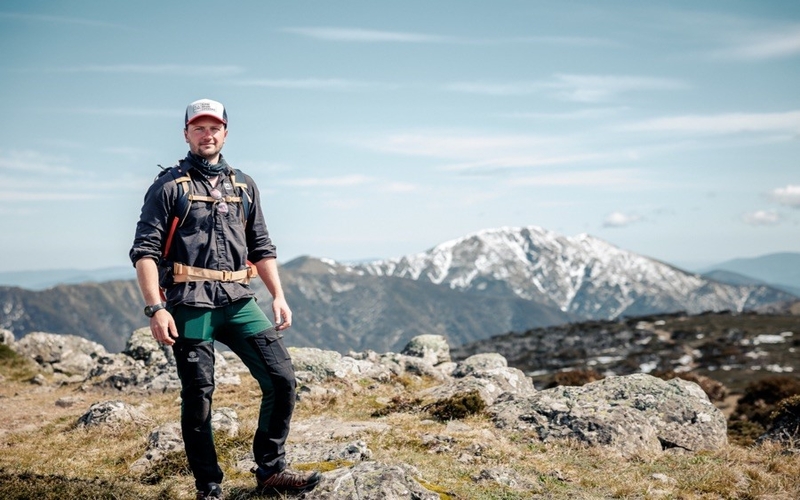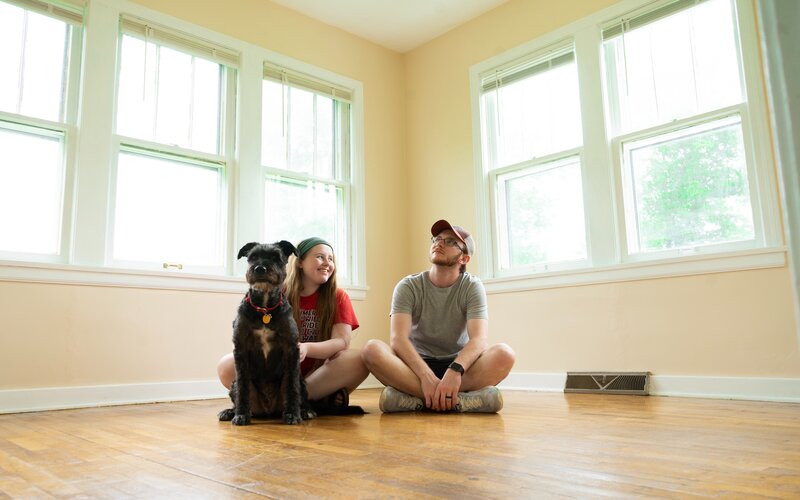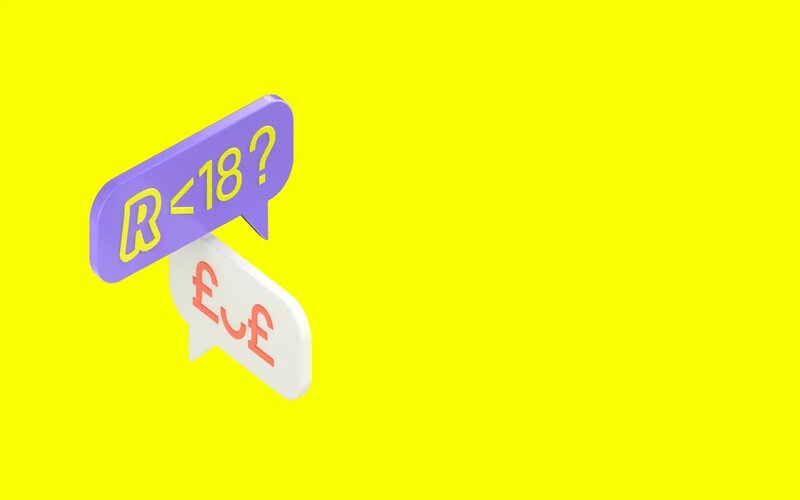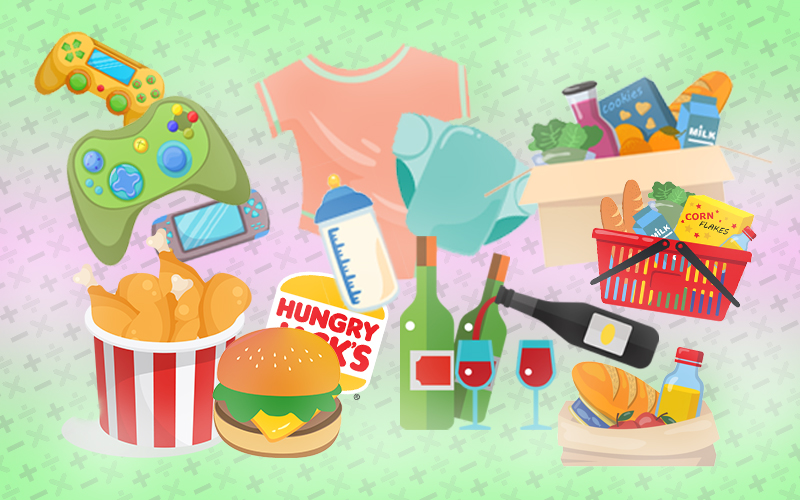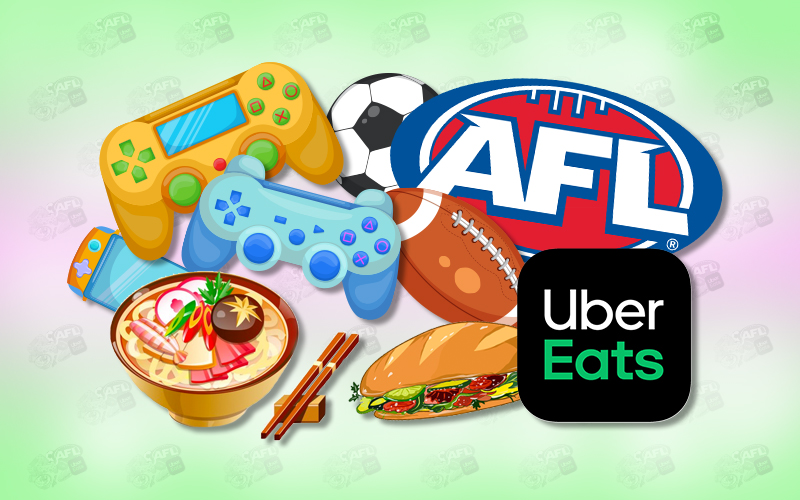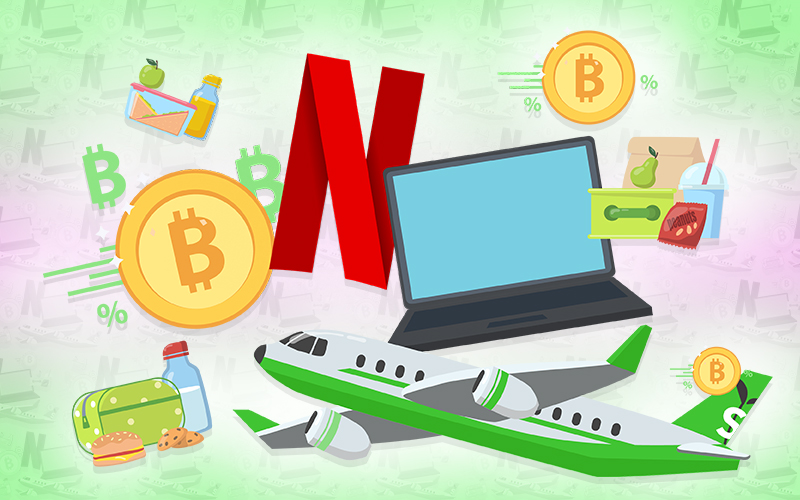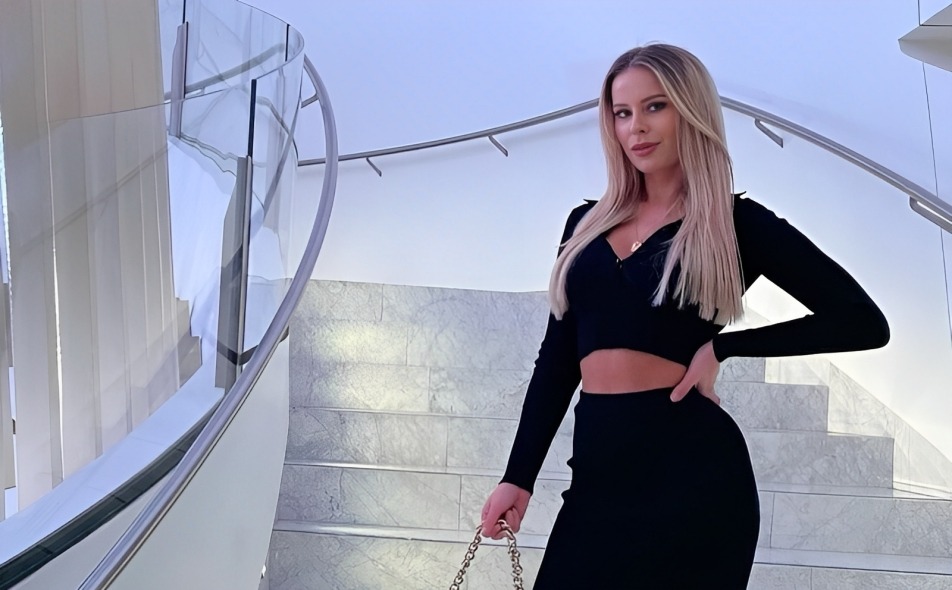Since the COVID era, a number of Aussies have stepped away from traditional 9 to 5 jobs to explore other avenues or take on roles with an added layer of flexibility. Kate Reynolds is one of those, trading radio voiceover work for freelance opportunities that could easily be completed at home.
Savings.com.au spoke to Kate on the current state of her personal finances and how she manages these as a freelancer and mum-to-be.
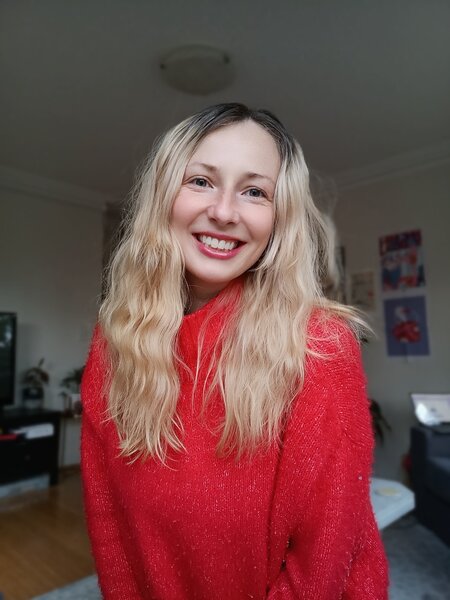
What prompted your move to freelance?
“I have always been enticed by the flexibility and freedom of freelancing. Working full-time in an office was never for me! I was working at a radio station, and I loved voicing the ads. It was my favourite part of the job. When I moved roles into a content writing job, I wanted to keep doing voiceovers, and a voice agency suggested I pop my voice demo up on Fiverr to get some non-radio experience. The work just started rolling in, so much so that I ended up needing to go part-time at my (very cool, and very understanding) content writing job to keep up with demand. So now I have the best of both worlds; a steady income from a part-time remote content writing role, and regular voiceover work as a freelancer.
“It also means that it’s easier to travel and still earn money - especially when it comes to visiting family.
“I live in Sydney, and most of my family are down in Melbourne, so I’m able to see them several times a year, which wouldn’t be possible if I were in an office five days a week and had to rely on annual leave.”
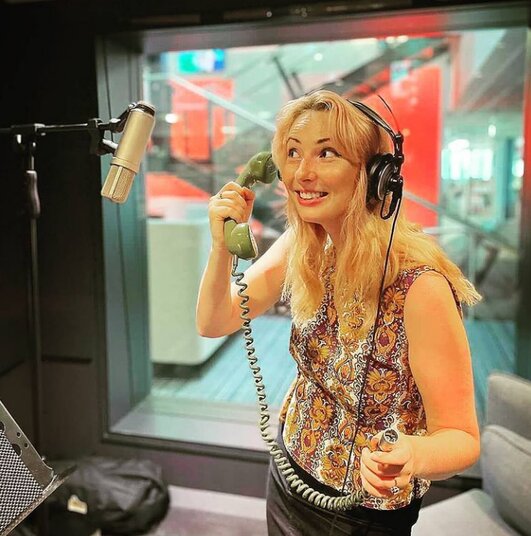
Why do you think side hustles are important?
“I’ve always been a big believer of having multiple income streams - both for financial security and also creative and career satisfaction.
“Working one nine to five job hasn’t ever satisfied me creatively, so being able to work a ‘desk’ job part-time and working on my side hustles allows me to feel creatively stimulated, as no two days are ever the same, and I build a wide skill set.
“It also gives me peace of mind that if one of my income sources ever dried up - for instance if I were made redundant - I wouldn’t be scrambling to try and find a new job immediately.
“I would still have sources of income to keep me going and pay my bills, without going into financial hardship.”
How have you been able to grow your presence as a freelancer over the past couple of years?
“Being on a platform like Fiverr has helped hugely, because I haven’t really had to market myself.
“I have a website, which gets a little bit of traffic, but 99% of my voice work comes through Fiverr, where I can place marketing ads and look at trending keywords.
“Fiverr also promotes your profile when you’re receiving great feedback from your clients, so being the Fiverr’s Choice is a great asset for securing work.”
How do you currently manage your finances?
“I’m lucky that I don’t have a lot of expenses as a voice actor - just my trusty microphone, laptop and editing program.
“Having different income streams means I can send different incomes to different savings ‘buckets’. For instance, my content writing role income is consistent each fortnight, and goes straight into savings and our mortgage.
“The freelance voiceover work is my ‘spending money’. Having this system has made it much easier to save as I’m not constantly moving money around.
“I also have specific savings goals - for instance, one account is my ‘super top up’ and the goal is to reach $10,000. Another is my emergency fund, with a goal of $20,000.
“For me, having a specific goal and a specific number helps me work towards and achieve that goal.”
Have you had to make adjustments with high interest rates and greater cost-of-living expenses?
“We’re definitely feeling the crunch with the cost of living - especially with a baby on the way.
“I’ve made an effort to source pretty much all our baby items second-hand, and avoid anything that we don’t really need.
“One of the big motivations for diversifying my income streams and building up my freelance work was actually to help support myself financially during maternity leave. The idea of no income with the current rising cost of everything feels overwhelming.
“Yes, I have the security of a job to return to at the end of my 12 months maternity leave, but being a freelancer also means I’ll be able to continue working and earn money while on leave, with the added flexibility to choose how much and when I will work (rather than diving back into full-time or part-time work after 6 months).
“It’ll help take the pressure off us financially (and help top up my soy latte fund).”
What are your key tips for fellow freelancers or everyday Aussies looking to get on top of their finances?
“Be realistic with how much you spend each week. I used to give myself an ‘allowance’ that was well below what I would actually spend in a week. I’d run out of money after a few days because I’d forget my gym membership or phone bill was coming out of my account that week, so I’d end up getting more out of my savings.
“Write down every expense that comes out of your account and give yourself a realistic amount to spend each week, and avoid touching your savings.
“Have a rainy day account and plan for shortfalls. Being a freelancer means that some of my income is inconsistent - some months I can make $8,000 from freelance work, sometimes it’s down to $2,000. Don’t assume the high amounts will stick around. Pop it into savings so that when you have a tight month, you’re not stressed about money.
“Know your value! Work out the standard market rates for the work you do, and charge accordingly. There’s no better recipe for burnout and resentment than undercharging for your services.
“You’ll often attract clients who want everything for nothing (and you do not want to work with those clients) and it can feel like a race to the bottom. Charge what you are worth. Your mental health and your bank account will thank you!”
Image by Nik via Unsplash. All other images supplied.


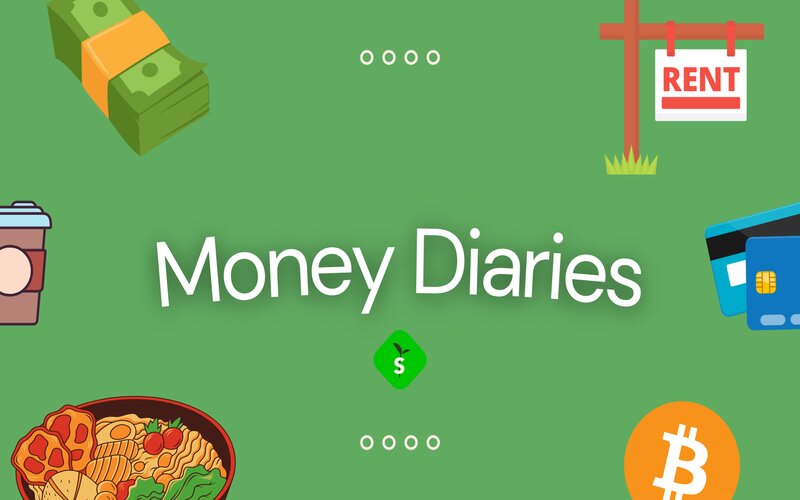
 Jacob Cocciolone
Jacob Cocciolone